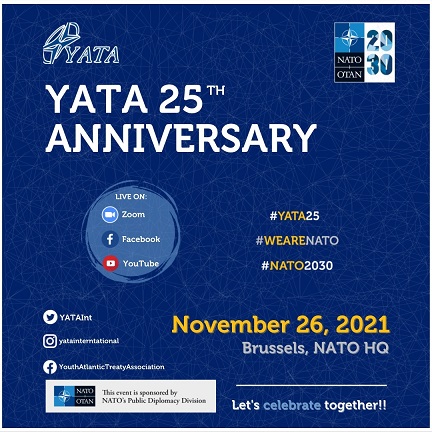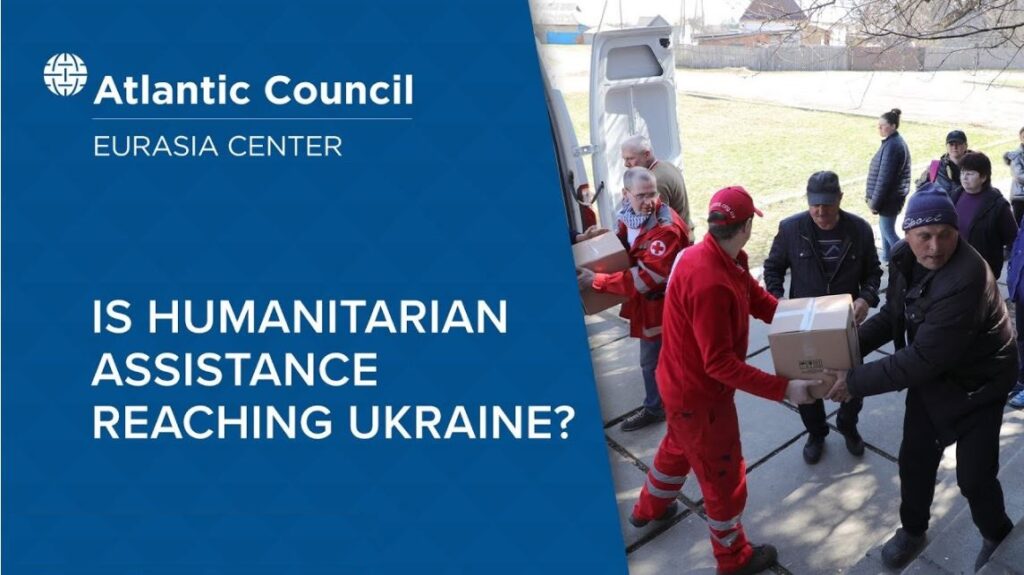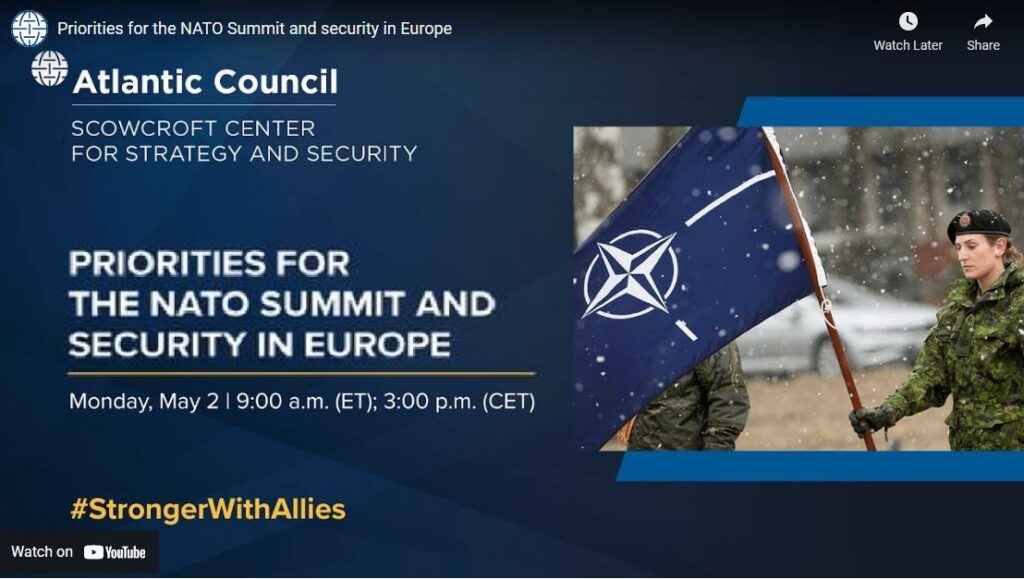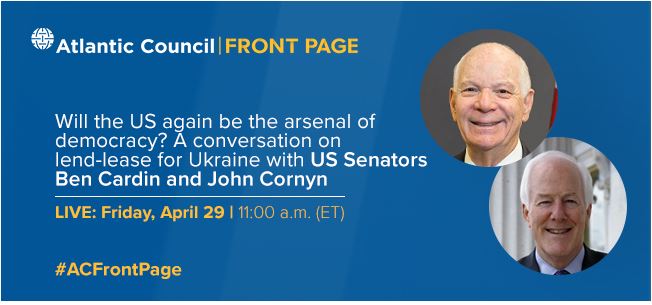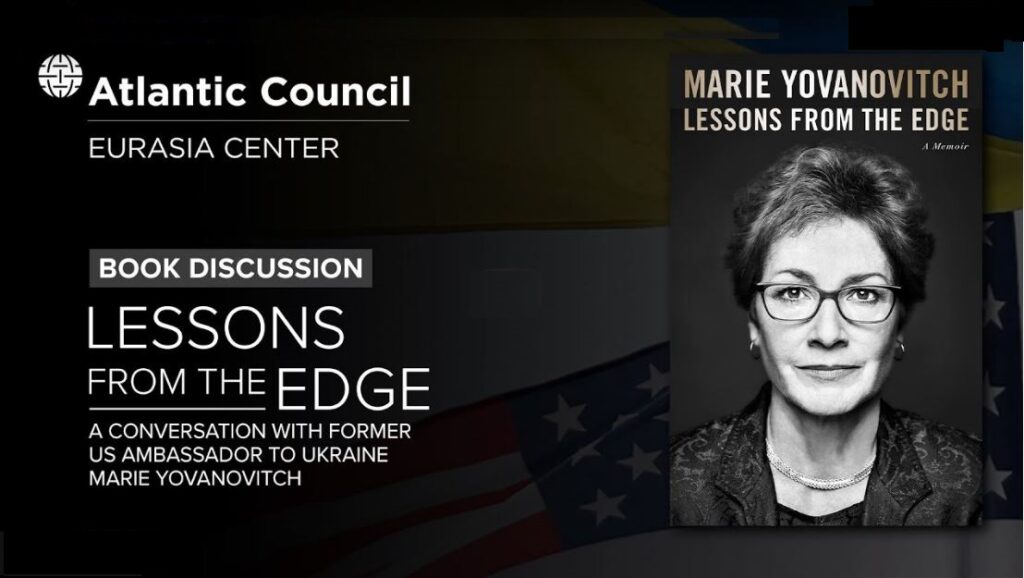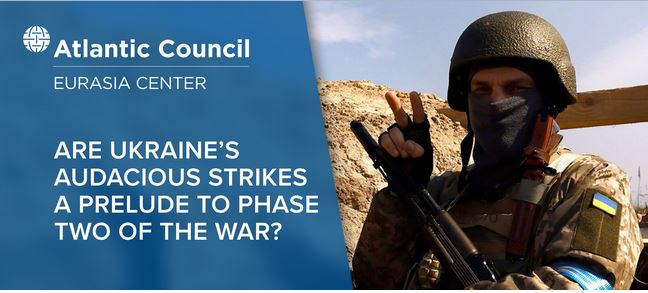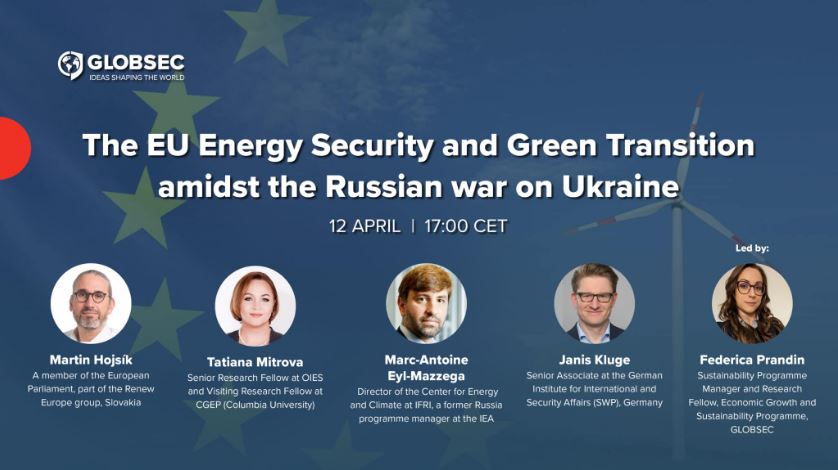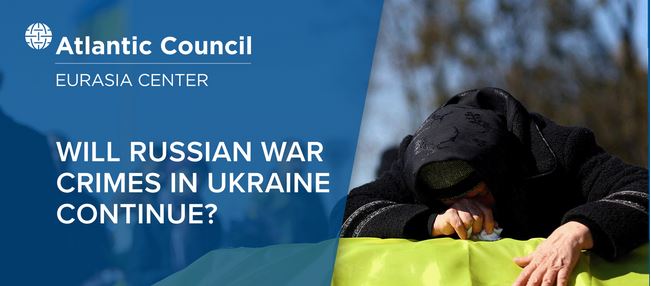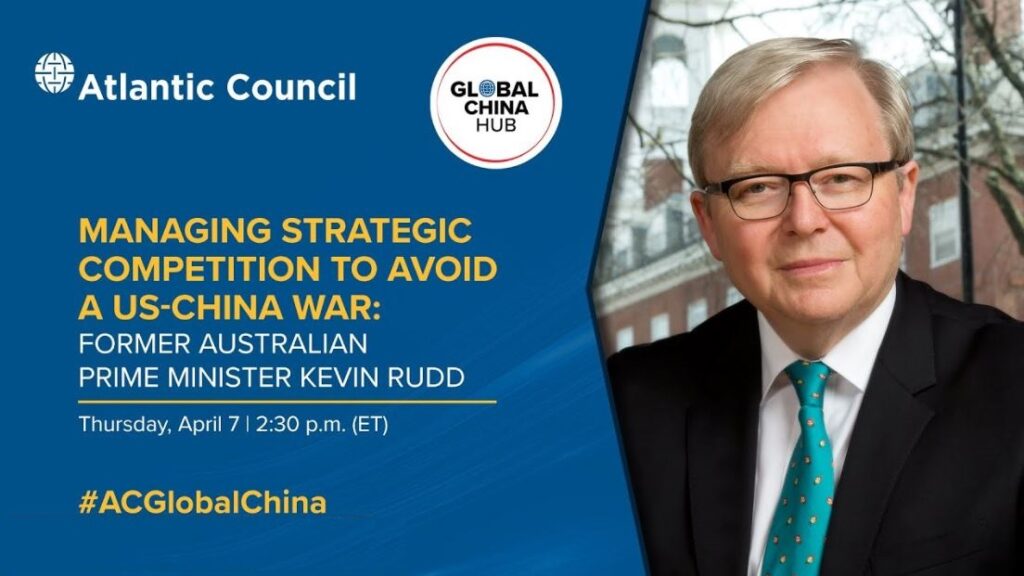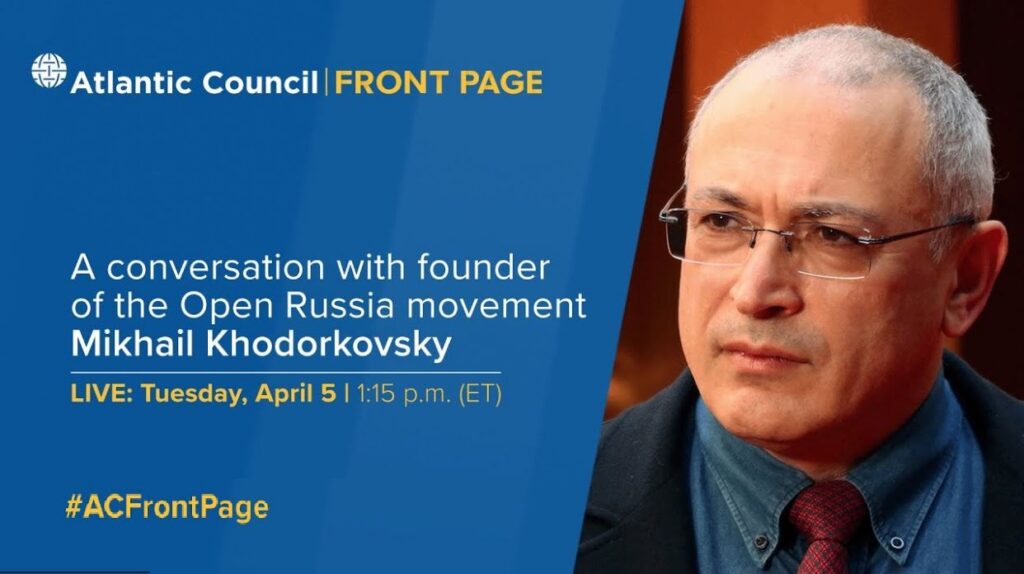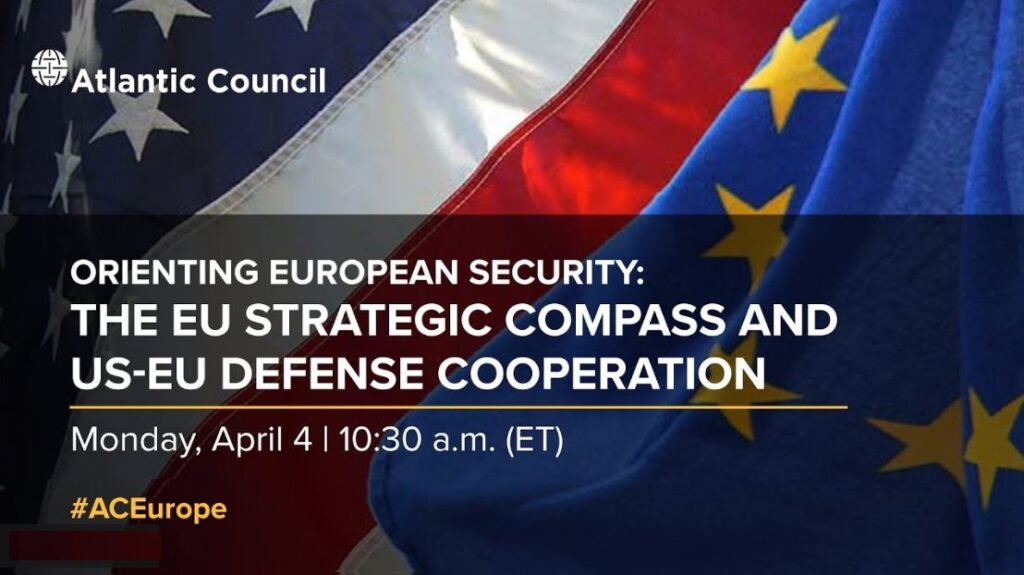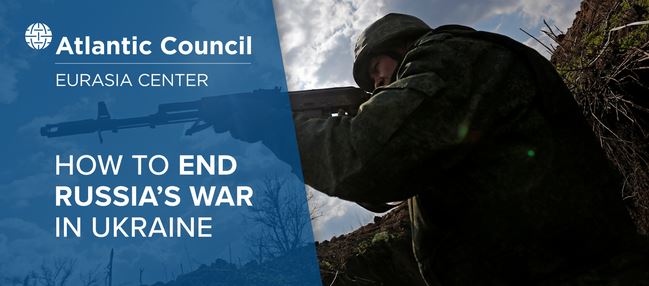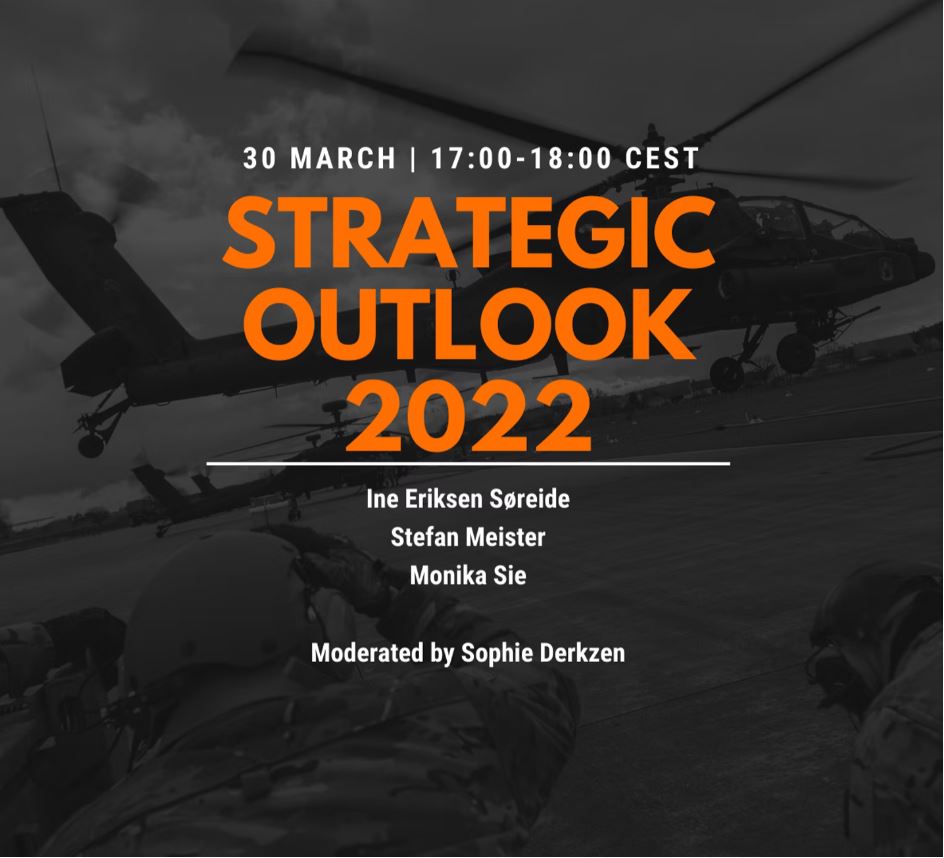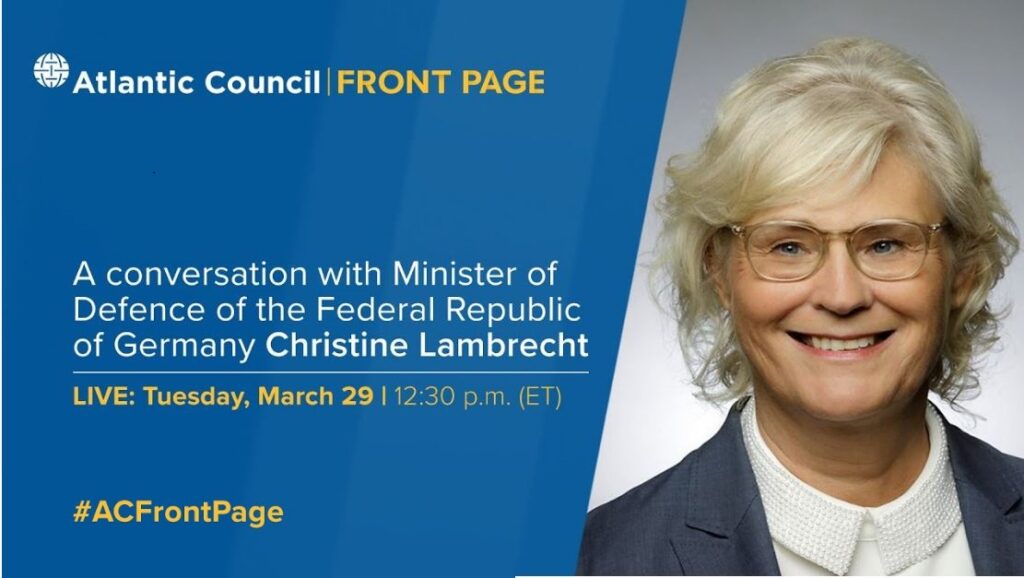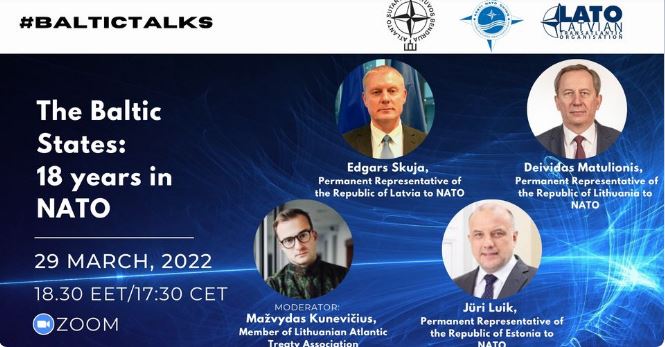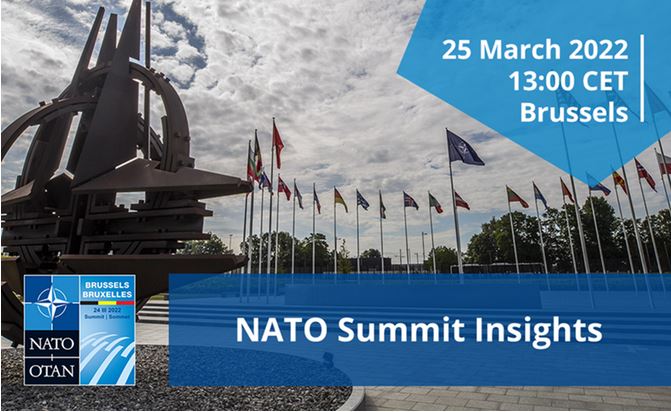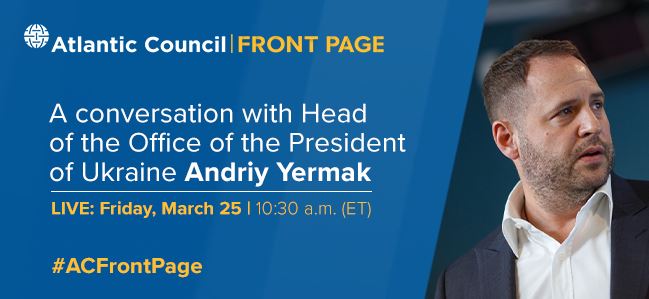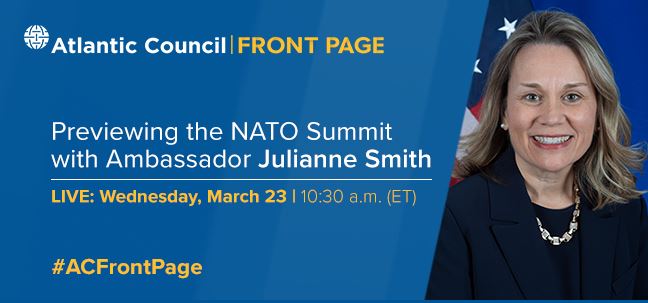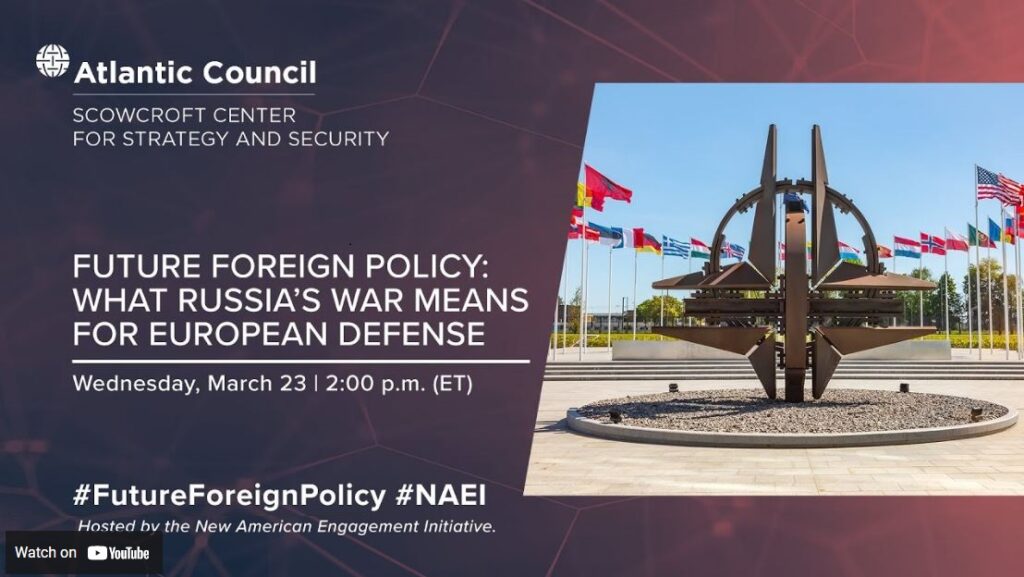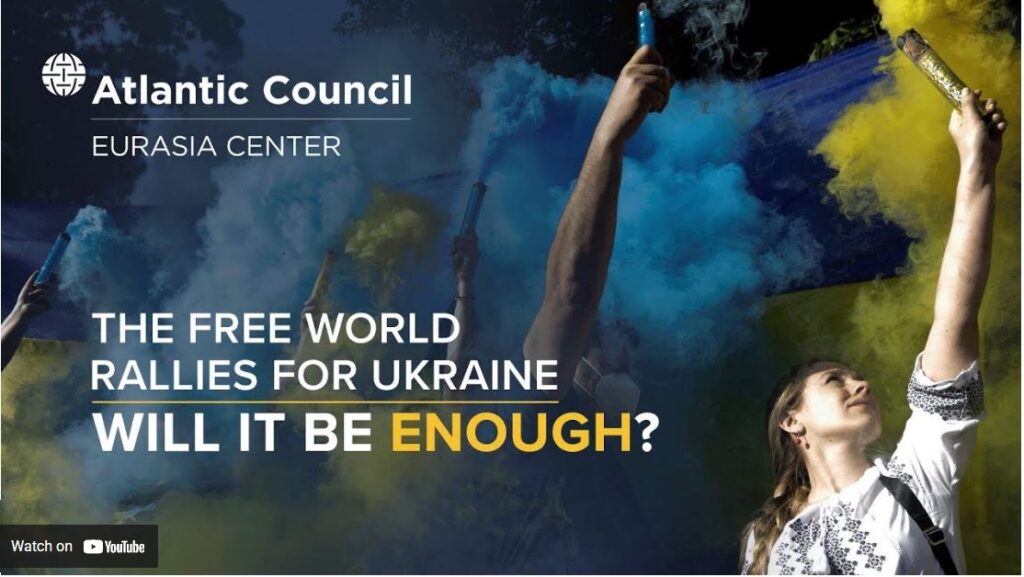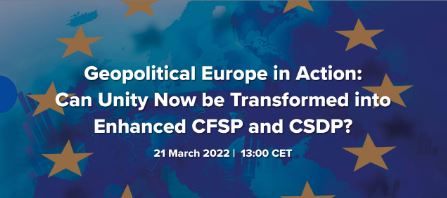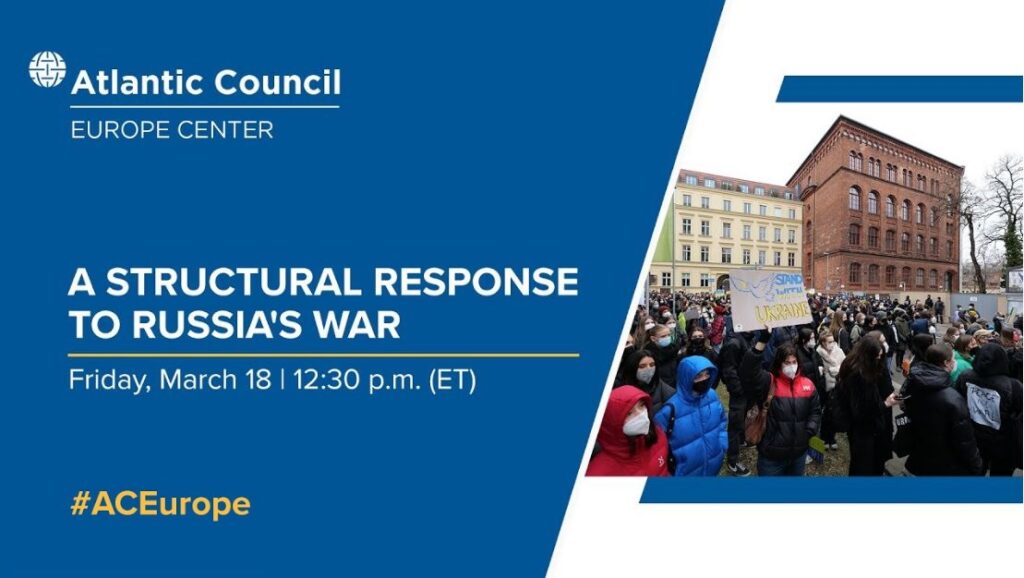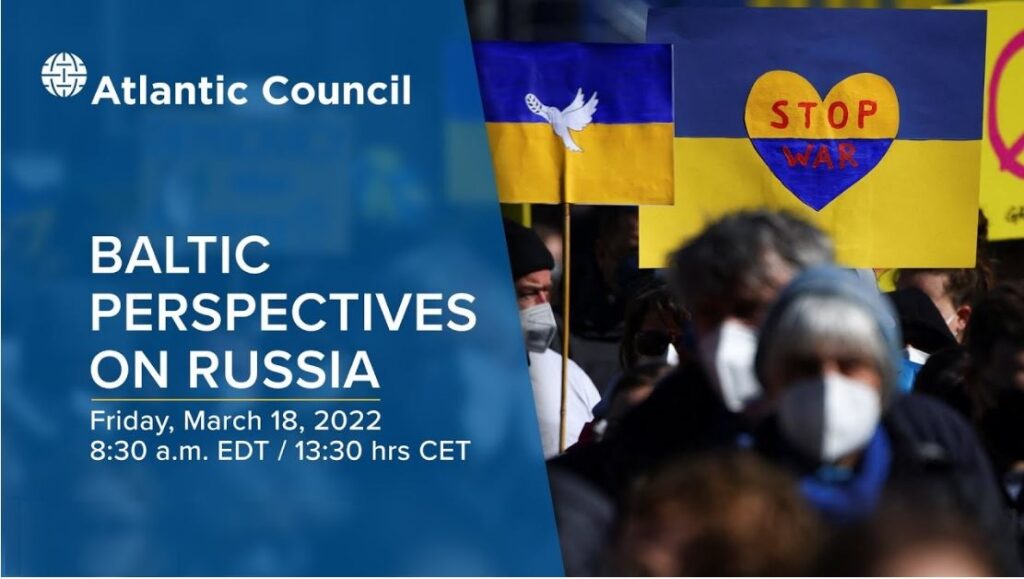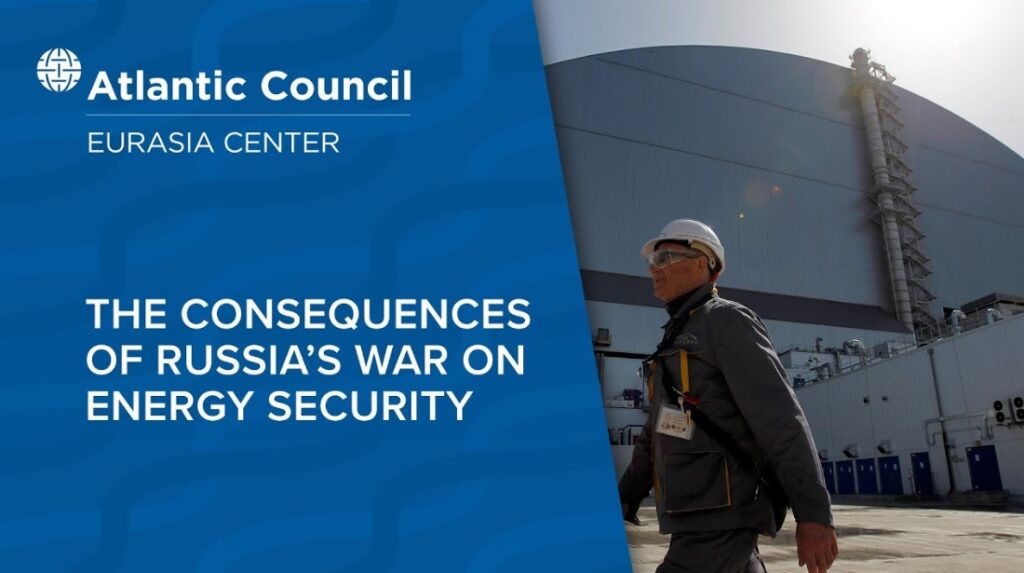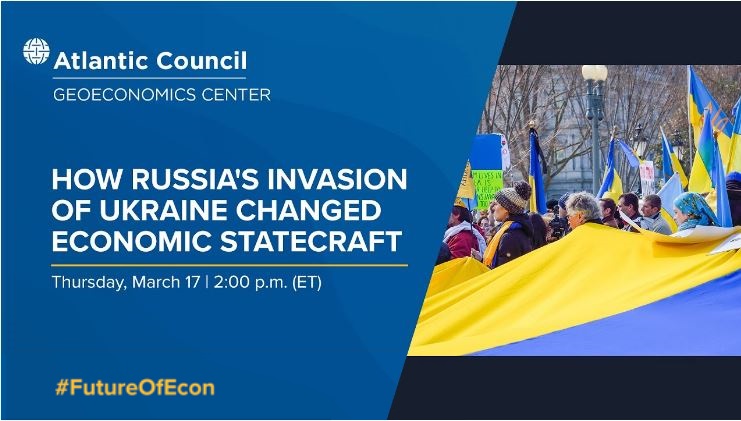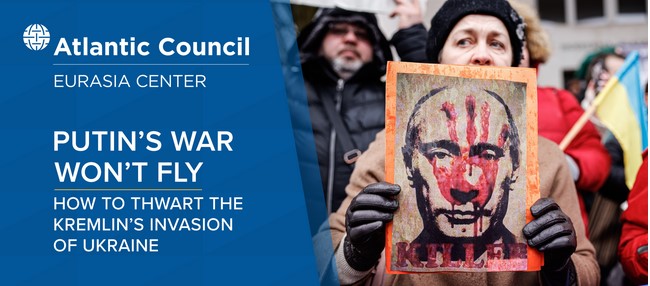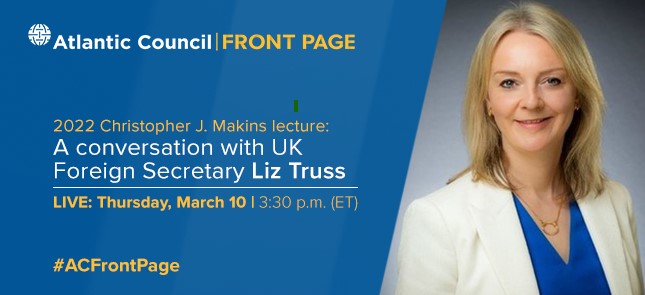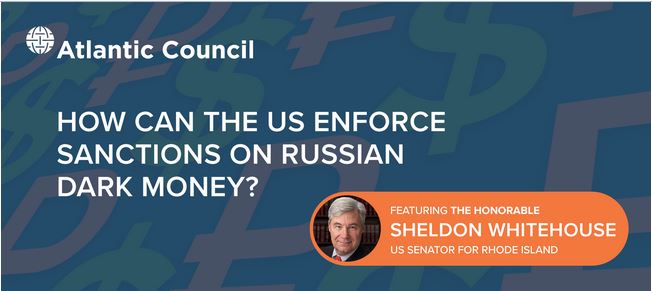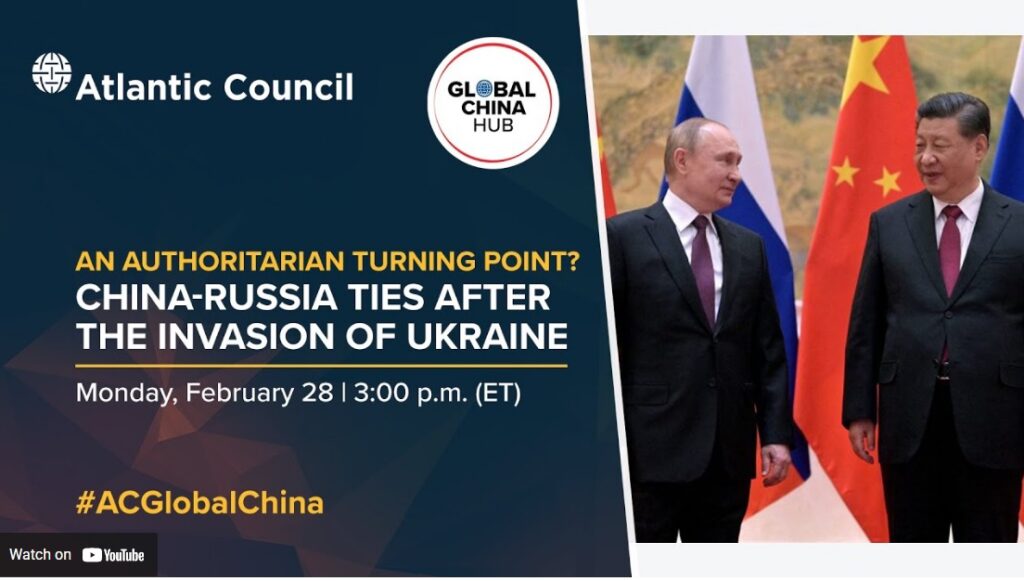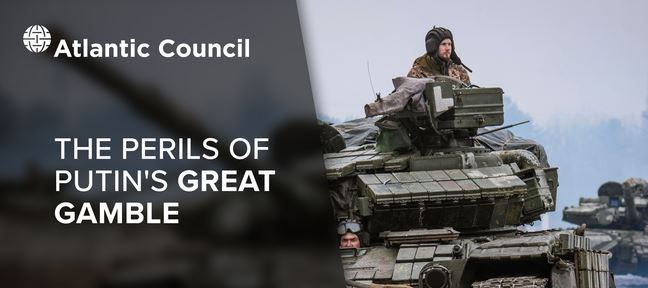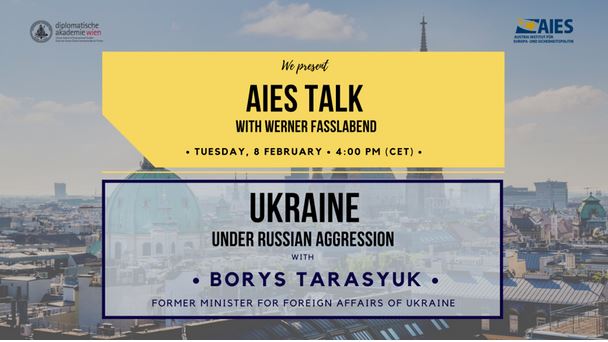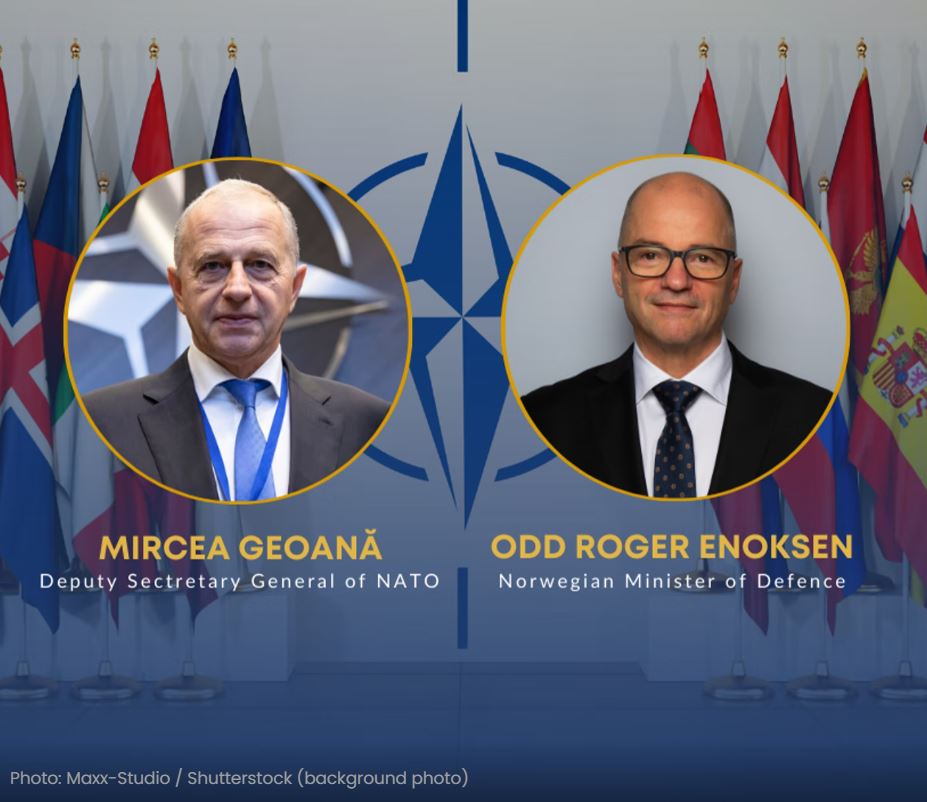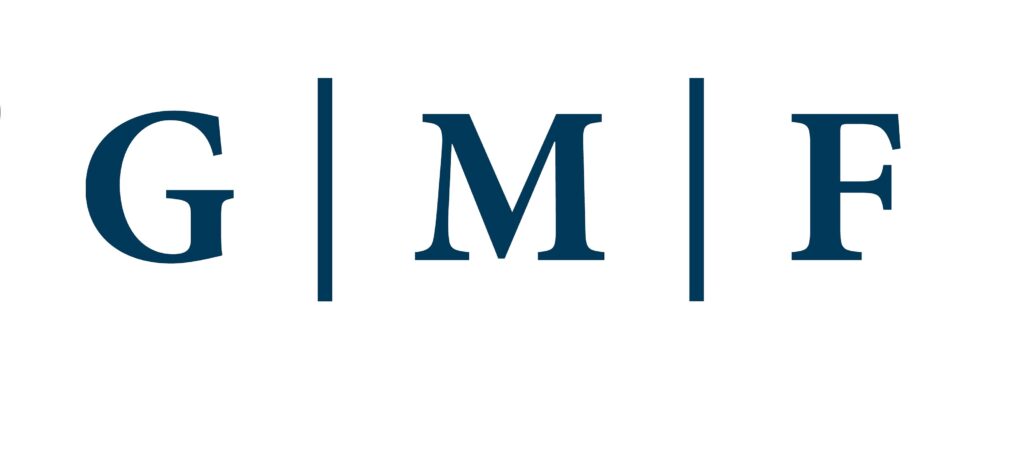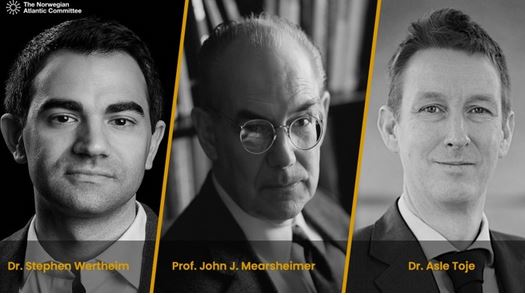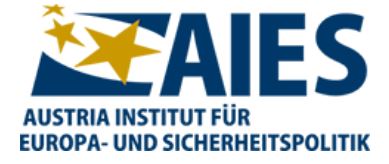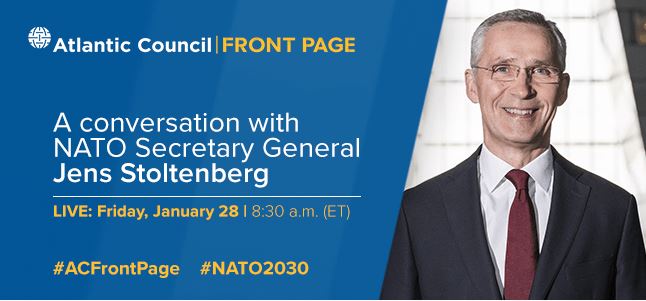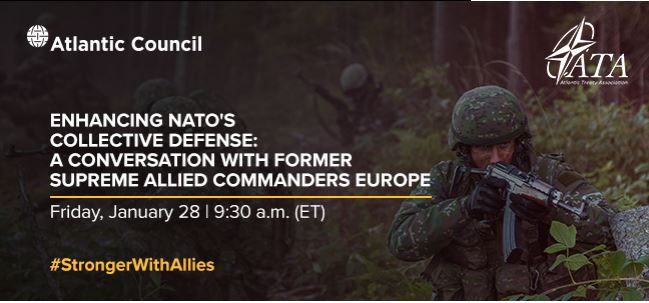About the ATA and YATA
After NATO’s founding in 1949, organizations were created in several Alliance nations to inform the public about NATO’s role and activities. In 1954, these organizations created the Atlantic Treaty Association (ATA) as an overarching framework for them to cooperate with each other, to develop common programmes, and share their expertise and experience.
As described on NATO’s website, the ATA is a “community of policy-makers, think tankers, diplomats, academics and representatives from industry. It seeks to inform the public of NATO’s role in international peace and security and promote democracy, individual liberty and the rule of law through debate and dialogue.”
Many national chapters of the ATA have a youth “division” which is focused specifically on young professionals, students, and researchers interested in Euro-Atlantic and international security matters. Members must be aged between 18 and 35.The ATA’s youth component – YATA – has its own General Assembly and Executive Board, and it has considerable autonomy in establishing its own work programme.
ATAUK is committed to developing a substantial “YATAUK” which will be actively encouraged to participate fully in YATA activities and programmes, and to develop its own projects within the United Kingdom. More information about YATA is available on its website.
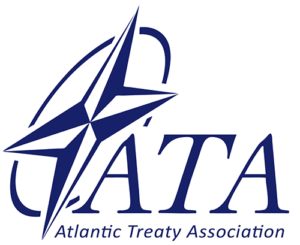
Atlantic Treaty Association Chapters:
Recent events
Click the images to see the recording
Is humanitarian assistance reaching Ukraine?
Friday, 6 May
What can be done to unlock critical humanitarian aid and move it quickly to where it needs to go in Ukraine? Are there key mistakes being made by well-intentioned donors that can be corrected? How can suffering populations in devastated places like Mariupol be helped?
Melinda Haring, deputy director of the Atlantic Council’s Eurasia Center, moderated a conversation with:
- Michael Bociurkiw, nonresident senior fellow at the Atlantic Council’s Eurasia Center
- Hlib Shamal, CEO of Spivdiia
- Andriy Stavnitser, founder of Help Ukraine Center, and
- Olga Stefanishyna, deputy prime minister of Ukraine for European and Euro-Atlantic Integration.
Disinformation in Time of War, Conflict and Peace
Thursday, 5 May
The Euro-Atlantic Council of Slovenia (EACS) and the Chair of Defence Studies at the Faculty of Social Sciences at the University of Ljubljana hosted a round table on “Disinformation in Time of War, Conflict and Peace” with:
Uros Svete, Director of the Information Security Administration, Republic of Slovenia;
Marko Milosavljevic, Professor at the Chair of Journalism, Faculty of Social Sciences, University of Ljubljana; and
Doowan Lee, Adjunct Professor of politics at the University of San Francisco & the founder and CEO of VAST
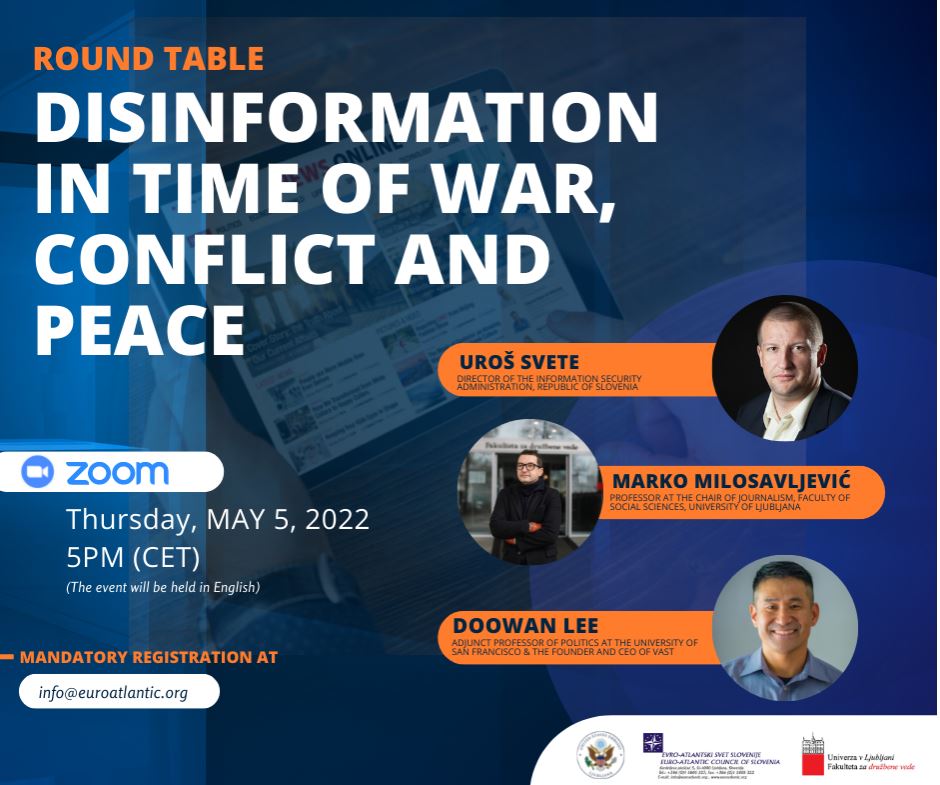
Recording not yet available
Priorities for the NATO Summit and Security in Europe
Monday, 2 May
Russia’s invasion of Ukraine has upended the European security order and opened a new era of strategic confrontation on the continent. In response, the United States and its transatlantic allies are implementing extensive sanctions against Russia, supplying the Ukrainian military with needed equipment and weapons, and adapting their force posture in Eastern Europe for enhanced defense and deterrence. As the war continues and NATO leaders prepare for the upcoming Madrid Summit, now is the time to assess where NATO allies should focus their efforts at adapting the alliance to the new strategic reality and consider how the United States can maintain its leadership in organizing a transatlantic response to Russian aggression. With this in mind, this conference was a unique opportunity to discuss how the Alliance can adapt and suggest tangible recommendations at a critical time for the transatlantic community.
Speakers included:
H.E. Arvydas Anušauskas, Minister of National Defense, Republic of Lithuania
Celeste Wallander, Assistant Secretary of Defense for International Security Affairs, US Department of Defense
Alexander Vershbow,Distinguished Fellow, Eurasia Center; Scowcroft Center for Strategy and Security, Atlantic Council and Former Deputy Secretary General, NATO, and
Gen. Philip M. Breedlove, USAF (Ret.), Former Supreme Allied Commander Europe
Will the US again be the arsenal of democracy?
Friday, 29 April
On April 6, 2022, the US Senate unanimously passed the “Ukraine Democracy Defense Lend-Lease Act,” reviving President Franklin Delano Roosevelt’s World War II-era lend-lease policy that allows Washington to more quickly send weaponry and supplies, this time to Ukraine’s democratically elected government. Russia’s renewed offensive in the Donbas region has made Ukraine’s calls for weapons systems, ammunition, and military assistance all the more urgent.
What is lend-lease and how can the US use military aid to more effectively enable Ukraine to defend itself against Russian aggression? How can Washington build on support for Ukraine to strengthen US national security?
Ambassador Paula Dobriansky, vice chair of the Atlantic Council’s Scowcroft Center for Strategy and Security and former Under Secretary of State for Global Affairs, offered introductory remarks. Thomas Warrick, nonresident senior fellow at the Scowcroft Center for Strategy and Security, moderated a discussion with the Honorable John Cornyn, US senator from Texas, and the Honorable Ben Cardin, US senator from Maryland, on lend-lease for Ukraine and the future of US assistance.
Lessons from the Edge: A conversation with former US Ambassador to Ukraine Marie Yovanovitch
Tuesday, 26 April, 14:30 - 15:30 (BST)
In a one-on-one discussion with Melinda Haring, deputy director of the Atlantic Council’s Eurasia Center, Ambassador Yovanovitch discusses her memoir, Russia’s war on Ukraine, what the West needs to do next, and why Ukraine must win. Ambassador John Herbst, senior director of the Atlantic Council’s Eurasia Center and former colleague of Ambassador Yovanovitch in Ukraine, provides introductory remarks.
Are Ukraine’s audacious strikes a prelude to phase two of the war?
Wednesday, 20 April
As Russia’s full-scale war on Ukraine crosses the 50-day mark, audacious operations continue to make global headlines—from Ukrainian special forces recapturing Kremlin ally Viktor Medvedchuk to reports that Ukraine may have destroyed the Russian Black Sea Fleet’s flagship, the Moskva. With the initial Russian campaign to overthrow the Ukrainian government having failed, Moscow’s forces are expected to refocus their efforts on Ukraine’s east and south. What do Ukraine’s operations tell us about the next phase of this war?
Ambassador John Herbst, senior director of the Atlantic Council’s Eurasia Center, moderated a conversation with:
General (Ret.) Philip Breedlove, former Supreme Allied Commander Europe
Dr. Hanna Shelest, director of security studies at the Foreign Policy Council “Ukrainian Prism” and editor-in-chief at Ukraine Analytica, and
Ambassador William Taylor, vice president for Russia and Europe at the US Institute for Peace
The EU Energy Security and Green Transition amidst the Russian war on Ukraine
Tuesday, 12 April, 16:00 (BST)
The war launched by President Vladimir Putin against Ukraine has put EU energy security under renewed attention. Energy prices have reached record highs, and many Europeans are worrying about rising energy bills and potential disruptions in oil, gas, and coal supplies.
Will it be feasible to strengthen the resilience of the EU-wide energy system while advancing the sustainable agenda?
GLOBSEC’s Federica Pandin led a discussion with:
Martin Hojsík, MEP and part of the Renew Europe group, Slovakia
Marc-Antoine Eyl-Mazzega, Director of the Center for Energy and Climate at IFRI
Janis Kluge, Senior Associate, German Institute for International and Security Affairs
Tatiana Mitrova, Senior Research Fellow at OIES and Visiting Research Fellow at CGEP (Columbia University)
The New MAD: Massive Attacks of Disruption
Monday, 11 April, 18:00 to 19:00 (BST)
While much focus is paid to the traditional threats posed by states such as China and Russia and non-state actors employing violent extremism, the United States and its partners and allies face more consequential immediate consequences from “massive attacks of disruption.” The Covid-19 pandemic, the January 6 insurrection, SolarWinds cyber attacks, the Texas storms that cut power, and the blocking of the Suez Canal are all examples of the types of disruptions that threaten US security. How can the United States organize and prepare to deal with these consequences of increased interconnectedness?
This event featured Dr. Harlan Ullman, author of “The Fifth Horseman and the New MAD”. Opening and closing remarks and Q&A by Christopher Preble, Co-director, New American Engagement Initiative, Scowcroft Center for Strategy and Security, with panellists:
Susan Eisenhower, President, Eisenhower Group, Inc.
Admiral (Ret.) James Foggo, Dean, Center for Maritime Strategy, Navy League of the United States
Dr. Isabel Sawhill, Senior Fellow, The Brookings Institution
Will Russian war crimes in Ukraine continue?
Thursday, 7 April, 13:00 to 14:00 (BST)
Are the atrocities in Bucha a grave harbinger of the next phase of Russia’s war against Ukraine? How should the international community respond to Russian war crimes? What scenarios could force Putin to earnestly negotiate for peace?
Ambassador John Herbst, senior director of the Atlantic Council’s Eurasia Center, moderated a discussion on the latest developments in Russia’s war against Ukraine with:
Oleksandr Danyliuk, former secretary of the National Security and Defense Council of Ukraine
Lt. Gen. (Ret.) Keith Dayton, retired lieutenant general in the US Army
Alyona Getmanchuk, nonresident senior fellow at the Atlantic Council’s Eurasia Center, and
Vladimir Milov, Russian opposition politician
Managing strategic competition to avoid a US-China war
Thursday, 7 April, 19:30 (BST)
Former Australian Prime Minister Kevin Rudd will offer his insights into the mindsets of US and Chinese leaders, identify dynamics driving the most critical flashpoints in the relationship, and propose new guardrails to help prevent strategic competition from spiraling into armed conflict.
Mr Rudd was in conversation with Frederick Kempe, President and CEO of the United States Atlantic Council.
A conversation with founder of the Open Russia movement Mikhail Khodorkovsky
(Tuesday, 5 April)
Jailed by Russian President Vladimir Putin and exiled from Russia, businessman and philanthropist Mikhail Khodorkovsky has for years been a leading figure in efforts to build a future for Russia that is prosperous and fair and supported global efforts to envision a democratic and successful Russia, including through support for the Atlantic Council’s work . With unique insight into the realities of Putin’s Russia and its challenges, Khodorkovsky joined the Atlantic Council at a critical time to discuss escalating repressions and crackdowns on dissent in Russia, the war in Ukraine, and the future of Russia.
Orienting European security: The EU Strategic Compass and EU-US defense cooperation
(Monday, 4 April)
To discuss the EU Strategic Compass and how the EU and the United States. can cooperate effectively to enhance security in Europe, the Atlantic Council hostedng a virtual conversation with Charles Fries, and Molly Montgomery.
Damir Marusic, Senior Fellow at the Atlantic Council’s Europe Center, was in conversation with:
Charles Fries, Deputy Secretary-General for Common Security and Defense Policy and Crisis Response, European External Action Service; and
Molly Montgomery, Deputy Assistant Secretary, Bureau of European & Eurasian Affairs,
US Department of State
How to end Russia’s war in Ukraine
(Friday, 1 April)
What is President Putin up to both on the battlefield and at the negotiating table? How is Ukraine managing this fight? And what should the United States and the West do to best defend their interests in this crisis?
Melinda Haring, Deputy Director of the Atlantic Council’s Eurasia Center, moderated a discussion on the latest developments in Russia’s war against Ukraine, featuring:
General Philip Breedlove, former Supreme Allied Commander Europe
Ambassador John Herbst, senior director of the Eurasia Center
Illia Ponomarenko, defense and security reporter at the Kyiv Independent, and
Olga Tokariuk, nonresident fellow at the Center for European Policy Analysis
Strategic Outlook 2022
(Wednesday, 30 March)
The Norwegian Atlantic Committee, in collaboration with the Netherlands Atlantic Association and the German Atlantic Association held a digital discussion entitled "Strategic Outlook 2022".
A dynamic world order has shifted the traditional agenda, and multilateral organizations and allies must revisit their strategic outlooks.
Assessing trends in global strategy were three experts on international politics:
Monika Sie, Director at the Clingendael Institute of International Relations.(The Netherlands)
Stefan Meister, Head of Program, International Order and Democracy at the German Council on Foreign Relations (DGAP); and
Ine Eriksen Søreide, Chair, Parliamentary Committee on Foreign Affairs and Defence (Norway)
A conversation with Minister of Defence of Germany Christine Lambrecht
(Tuesday, 29 March)
Russia’s invasion of Ukraine has catalyzed what German Chancellor Olaf Scholz called a Zeitenwende, a sea change in Germany’s strategic outlook, culminating in a historic shift of Germany’s foreign and defense policy.
As Germany grapples with the implications of its rapid policy changes, Minister of Defence Christine Lambrecht will joined the Atlantic Council for a discussion covering topics from the future of German defense posture to defense investments, especially in the face of Russia’s ongoing war in Ukraine.
Lorem ipsum dolor sit amet, consectetur adipiscing elit. Ut elit tellus, luctus nec ullamcorper mattis, pulvinar dapibus leo.
The Baltic States: Eighteen Years in NATO
(Tuesday, 29 March)
“BalticTalks”, a joint initiative of LATA, LATO and EATA, celebrated 18 years of Alliance membership by inviting the Baltic States’ three NATO permanent representatives to talk about current Alliance challenges.
Mažvydas Kunevičius, member of Lithuanian Atlantic Treaty Association moderated a discussion with:
Deividas Matulionis, Permanent Representative of the Republic of Lithuania to NATO.
Edgars Skuja, Permanent Representative of the Republic of Latvia to NATO, and
Jüri Luik, Permanent Representative of the Republic of Estonia to NATO.
NATO Summit Insights
(Friday, 25 March)
NATO’s Public Diplomacy Division organised an in-depth online conversation, following this week’s extraordinary NATO Summit of Allied Heads of State and Government.
Ambassador Braže and Admiral Rob Bauer summarised the decisions taken by Allies and provided their insights on the meeting’s atmospherics.
Baiba Braže is the Assistant Secretary General for Public Diplomacy who oversees and coordinates the Alliance’s public diplomacy and strategic communications activities.
Admiral Bauer is Chair of the Military Committee of NATO, the body that offers advice to the Council and gives direction to the Supreme Allied Commanders for Transformation and for Operations.
Previewing the NATO Summit with Ambassador Julianne Smith
Wednesday, 23 March, 14:30 to 15:00 (GMT)
United States Permanent Representative to NATO, Ambassador Julianne Smith, will join the Atlantic Council and PBS NewsHour's Nick Schifrin to preview the extraordinary NATO Summit on March 24. The moderated discussion will address how the United States is working with its NATO allies and partners to respond to the security crisis in Europe, reinforcing the Alliance's posture to defend every inch of NATO territory, and providing aid to Ukraine.
Future Foreign Policy: What Russia’s war means for European defense
Wednesday, 23 March, 16:00 to 17:00 (GMT)
Russia’s brutal invasion of Ukraine has awakened Europe to the dangers of war, prompting announcements of defense spending increases just days after the invasion. How will European security and defense policy change in response to the conflict? Will a stronger European pillar emerge within NATO? Or will the United States decide to increase its permanent military presence? How can Washington work with its NATO allies to rebalance and strengthen the alliance?
Katerina Sokou, Nonresident Senior Fellow at the Atlantic Council’s Europe Center, speaks with:
Hon. Marek Magierowski, Ambassador to The United States, Republic of Poland
Kelly Grieco, Senior Fellow, New American Engagement Initiative Scowcroft Center for Strategy and Security
Benjamin Haddad, Senior Director, Europe Center Sophia Besch, Nonresident Senior Fellow, Europe Center Christopher Preble, Co-director, New American Engagement Initiative, Scowcroft Center for Strategy and Security
Michael Bociurkiw, nonresident senior fellow at the Atlantic Council’s Eurasia Center, and;
Andriy Zagorodnyuk, distinguished fellow at the Atlantic Council’s Eurasia Center and former minister of defense of Ukraine
The Free World Rallies for Ukraine: Will it be Enough?
(Monday, 21 March)
What is the latest situation on the ground and what is the status of negotiations between Ukraine and Russia—is a real peace deal on the horizon? What more does the world need to do not only to support Ukraine, but to make sure that Russian President Putin’s aggressive ambitions are stopped rather than expanded beyond Ukraine?
Melinda Haring, deputy director of the Atlantic Council’s Eurasia Center, spoke with:
Michael Bociurkiw, nonresident senior fellow at the Atlantic Council’s Eurasia Center, and;
Andriy Zagorodnyuk, distinguished fellow at the Atlantic Council’s Eurasia Center and former minister of defense of Ukraine
Geopolitical Europe in Action: Can Unity Now be Transformed into Enhanced CFSP and CSDP?
Monday, 21 March, 12:00 to 13:00 (GMT)
What lessons can be drawn from the war in Ukraine about European security architecture? Can current unity be translated into sustainable action? What will be the impact on CFSP and CSDP, and what's next for European Strategic Autonomy and the EU's "strategic compass"?
Roland Freudenstein, Vice President and Head of GLOBSEC Brussels moderated a discussion with:
Martin Klus, State Secretary, State Secretary of the Ministry of Foreign and European Affairs of the Slovak Republic
Nathalie Loiseau, Member of the European Parliament, Brussels
Wilhelm Molterer, Chairman of GLOBSEC Board of Directors, former Vice Chancellor and Finance Minister of Austria
A Structural Approach to Russia’s War
Friday, 18 March, 16:30 to 17:30 (GMT)
How do policy topics normally associated with progressive causes, such as counter-kleptocracy and decarbonization, fit within a strategic shift towards containing Russian aggression? Would this moment provide the popular momentum needed to drive through the reforms that progressives have demanded? How would that momentum be maintained amid the economic consequences of Russia’s disconnection from the global financial system?
United States Atlantic Council Senior Fellow Ben Judah moderated a discussion on progressive approaches to containing Russian aggression with:
The Right Honourable David Lammy, MP, UK Shadow Secretary of State for Foreign, Commonwealth and Development Affairs, UK Labour Party
The Hon. Bernie Sanders, United States Senator (I-VT), and
Delara Burkhardt, MEP
Baltic Perspectives on Russia
(Friday, 18 March)
The United States' Atlantic Council invited the Chairs of the Foreign Affairs Committees of each of the Baltic states’ parliaments to offer their perspectives on the implications of Russia’s aggression and the future of the transatlantic approach toward European security.
Melinda Haring, Deputy Director of the Atlantic Council's Eurasia Center moderated a discussion with:
H.E. Laima Andrikiené MP, Chair of the Foreign Relations Committee of the Seimas
Parliament of LithuaniaH.E. Rihards Kols MP, Chair of the Foreign Affairs Committee of the Saeima, Parliament of Latvia, and
H.E. Marko Mihkelson MP, Chair of the Foreign Affairs Committee of the Riigikogu,
Parliament of Estonia
The consequences of Russia’s war on energy security
(Thursday, 17 March)
Will the rest of the West follow the United States in banning Russian hydrocarbon imports? How can Europe replace Russian energy on short notice? What does Ukraine’s energy security look like, both in the near and long-term, now that Russian forces have claimed control over key power plants in the country?
Ambassador John Herbst moderated a discussion with:
Maxim Timchenko, chief executive officer of DTEK
Yuriy Vitrenko, chief executive officer of Naftogaz
Dr. Paul Sullivan, nonresident senior fellow, Atlantic Council’s Global Energy Center, and
Debra Cagan, distinguished energy fellow at the Transatlantic Leadership Network
How Russia’s invasion of Ukraine changed economic statecraft
(Thursday, 17 March)
What are the implications for "economic statecraft" of the wide-ranging sanctions being imposed on Russia? How will markets adapt, and what might be the unforeseen consequences of "wiping out" a G20 economy in a matter of weeks?
Julia Friedlander, Director of the Atlantic Council's Economic Statecraft Initiative moderated a discussion with:
Daniel Drezner, Professor of International Politics, Fletcher School of Law and Diplomacy, Tufts University
Jonathan Hackenbroich, Policy Fellow, European Council on Foreign Relations, and
Carla Norrlöf, Associate Professor of Political Science, University of Toronto, Non-resident Senior Fellow, Economic Statecraft Initiative, Atlantic Council
Will Putin go nuclear over Ukraine?
(Tuesday 15 March)
How real is the danger of nuclear escalation in Putin’s war on Ukraine? What do these nuclear threats mean for US and NATO policy designed to help Ukraine stop the Kremlin assault?Ambassador John Herbst moderated a discussion with:
Debra Cagan, distinguished energy fellow at the Transatlantic Leadership Network
General (Ret.) Wesley Clark, former Supreme Allied Commander Europe
Matthew Kroening, deputy director of the Atlantic Council’s Scowcroft Center for Strategy and Security and the director of the Center’s Scowcroft Strategy Initiative
Jan Lodal, distinguished fellow at the Scowcroft Center for Strategy and Security, and
Christopher Preble, co-director of the New American Engagement Initiative in the Scowcroft Center for Strategy and Security
Putin's War Won't Fly
(Friday 11 March)
"Can Washington and its allies come together quickly enough to help thwart Putin’s most brutal tactics against Ukraine? What new approaches can the Biden administration take to strengthen its stance against Russian aggression?"
Melinda Haring, deputy director of the Atlantic Council’s Eurasia Center, moderated a conversation on how to thwart Putin’s next steps in Ukraine with:
Ambassador John Herbst, senior director of the Eurasia Center
Lieutenant General (Ret.) Ben Hodges, Pershing Chair for Strategic Studies at the Center for European Policy Analysis
Anatoliy Hrytsenko, former minister of defense of Ukraine
Natalie Jaresko, distinguished fellow at the Eurasia Center, and
Andrei Kozyrev, former minister of foreign affairs of Russia
A Conversation with UK Foreign Secretary Liz Truss
(Thursday 10 March)
UK Foreign Secretary Liz Truss delivered the United States' Atlantic Council's Christopher J Makins Lecture. This looked at the future of the transatlantic relationship and the impact of recent Russian aggression and the changing European security architecture.
Dame Karen Pierce, the UK Ambassador to the United States contributed remarks, and the event was be moderated by Fred Kempe, President and CEO of the Atlantic Council.
How can the US enforce sanctions on Russian dark money?
(Tuesday 8 March)
The United States' Atlantic Council's experts discussed how the United States can find and freeze Russian assets hidden in the United States. The Honorable Sheldon Whitehouse, US senator from Rhode Island joined Julia Friedlander, C. Boyden Gray senior fellow and director of the Atlantic Council GeoEconomics Center’s Economic Statecraft Initiative, for a one-on-one discussion on the senator’s lead role on tracking down dark money in the United States financial system.
Eight Days of Russia's War in Ukraine
(Friday 4 March)
The United States' Atlantic Council looked at developments in Russia's invasion of Ukraine and Europe's response to the ensuing humanitarian crisis. What are Ukraine's prospects for continuing its defence, and what can be expected from negotiations with the Kremlin? Participants included: Gen. (Ret.) Philip Breedlove, former Supreme Allied Commander Europe; Ivanna Klympush-Tsintsadze, member of the Verkhovna Rada of Ukraine; David Kramer, former assistant Secretary of State for Democracy, Human Rights, and Labor; and Oksana Nechyporenko, director of Global Office.
Detecting and Countering Hybrid Threats
(Friday 11 February)
ATA UK held a webinar with Oleksandr Danylyuk, Director of the Centre for Defense Reforms and a coordinator of the NATO-Ukraine intergovernmental platform for detecting and countering hybrid threats.
AIES Talk – “Ukraine: Under Russian Aggression”
(Tuesday 8 February)
The Austrian Institute for European and Security Policy (AIES) held an interview with Borys Tarasyuk, former Minister for Foreign Affairs of Ukraine, where he discussed the current situation between Ukraine and Russia and the consequences for the EU and NATO. The host for the discussion was AIES President Dr. Werner Fasslabend
NATO at a Crossroads: Views from NATO HQ and Norway
(Monday 7 February)
The Norwegian Atlantic Committee held a webinar with NATO Deputy Secretary General, Mircea Geoană and the Norwegian Minister of Defence, Odd Roger Enoksen on the current challenges facing NATO.
The event will also featured a panel of Norwegian security experts.
Topics included NATO's response to Russia's military build-up around Ukraine, Russia's demands on NATO and neighbouring countries, and the development of NATO's new Strategic Concept.
Russia's Security Ultimatums: A Conversation with Latvia's Defense Minister on Implications for NATO
(Monday 7 February)
The German Marshall Fund of the United States invited Artis Pabriks, Latvia's Defence Minister and Deputy Prime Minister, for a virtual conversation with Heather Conley, President of the German Marshall Fund of the United States.
The Return of Great Power Politics: America in the 21st Century
(Monday 7 February)
The Norwegian Atlantic Committee invited Professor John J. Mearsheimer and Dr. Stephen Wertheim to discuss America's future role in European security in the new era of Great-Power competition. The discussion was led by Dr. Asle Toje.
Ideas and Priorities for NATO’s Future – Presenting the NATO Shadow Strategic Concept
(Thursday 3 February)
The Norwegian Atlantic Committee, the German Marshall Fund of the United States, and the Canadian Global Affairs Institute hosted the launch event for the publication of "The NATO Shadow Strategic Concept". This document, whose authors include former senior NATO civilian and military officials, provides a key indicator of the ideas and priorities that are likely to feature in the official Strategic Concept due to be adopted by NATO at its Madrid Summit in June.
Speakers included Julian Lindley-French, Distinguished Visiting Research Fellow, National Defense University and Founder of the The Alphen Group, and Alexander Vershbow, Distinguished Fellow, Atlantic Council and Former Deputy Secretary General of NATO.
Strategic Review of Global Hotspots
(Tuesday 1 February)
The Austrian Institute for European and Security Policy and the Vienna School of International Studies invited experts to provide their insights on Eastern Europe, Africa and the Mediterranean, India and South Asia, Southeast Asia and the China Sea, and competition in space.
A conversation with NATO Secretary General Jens Stoltenberg
(Friday 28 January)
The United States Atlantic Council presented a discussion with NATO Secretary General Jens Stoltenberg on NATO's response to heightened tensions in Europe. This event was moderated by Margaret Brennan, chief Foreign Affairs Correspondent of CBS News.
Friday 28 January
Enhancing NATO’s collective defense: A Conversation with former Supreme Allied Commanders
General Philip M. Breedlove, USAF (Ret.) and General Wesley K. Clark, USA (Ret.) discussed what options are available to the Alliance and the United States to stand up to Russian aggression and ensure the security of our allies.
Youth Atlantic Treaty Association
25th Anniversary Conference
NATO Headquarters, 26 November 2021
Speakers included Deputy Secretary Secretary General, Mircea Geoană; Deputy Assistant Secretary General for Public Diplomacy, Carmen Romero; and the Head of the Engagements Section of NATO’s Public Diplomacy Division, Nicola de Santis.
Topics such as “NATO’s Current Agenda” and, “Emerging Security Challenges” were covered by NATO experts, and external policy specialists looked at EU-NATO Relations as well as Ukraine and Georgia.
